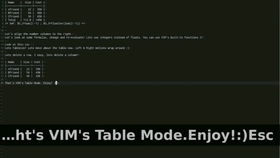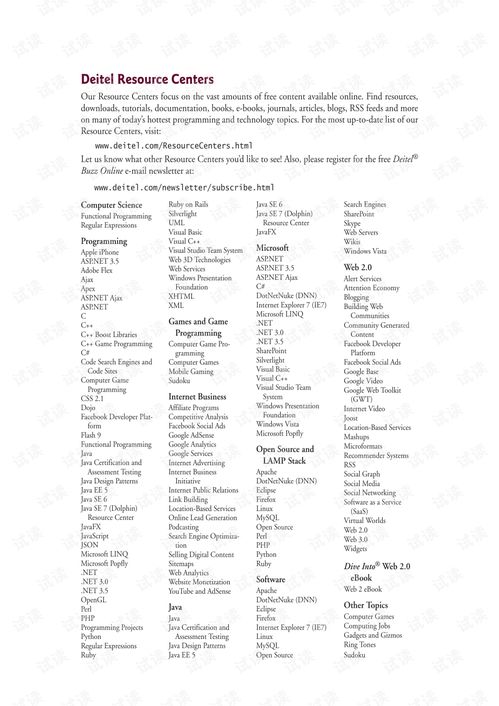Understanding Your Financial Situation

Before you can make your money last, it’s crucial to have a clear understanding of your financial situation. This involves assessing your income, expenses, and savings. Take a moment to gather all the necessary documents, such as your bank statements, bills, and investment accounts. Once you have this information, you can start to analyze your financial health.
Creating a Budget

One of the most effective ways to make your money last is by creating a budget. This involves tracking all your income and expenses, and then allocating funds to different categories. Here’s a step-by-step guide to help you get started:
-
Track your income: This includes your salary, any side hustles, and any other sources of income.
-
Track your expenses: Categorize your expenses into fixed (like rent or mortgage payments) and variable (like groceries or entertainment). Use tools like budgeting apps or spreadsheets to keep track.
-
Set spending limits: Once you have a clear picture of your expenses, set spending limits for each category. This will help you stay within your budget.
-
Adjust as needed: Your budget is not set in stone. Review it regularly and make adjustments as your financial situation changes.
Reducing Expenses

One of the best ways to make your money last longer is by reducing your expenses. Here are some strategies to consider:
-
Review your subscriptions: Cancel any subscriptions you no longer use or find expensive.
-
Reduce utility bills: Unplug electronics when not in use, use energy-efficient appliances, and consider installing solar panels.
-
Shop smart: Use coupons, take advantage of sales, and buy generic brands when possible.
-
Plan your meals: Meal planning can help you reduce food waste and save money on groceries.
Building an Emergency Fund
An emergency fund is a crucial component of making your money last. It provides a financial cushion in case of unexpected expenses or loss of income. Here’s how to build an emergency fund:
-
Start small: If you’re just beginning to save, start with a small amount, such as $50 or $100 per month.
-
Automate your savings: Set up an automatic transfer to your emergency fund each month to ensure consistency.
-
Aim for three to six months’ worth of expenses: This is a general guideline, but the amount may vary depending on your personal situation.
Investing Wisely
In addition to saving, investing can help you make your money last longer. Here are some tips for investing wisely:
-
Understand your risk tolerance: Different investments carry different levels of risk. Choose investments that align with your risk tolerance and investment goals.
-
Diversify your portfolio: Diversification can help reduce risk and increase your chances of achieving long-term growth.
-
Stay the course: Avoid making impulsive decisions based on short-term market fluctuations. Instead, focus on your long-term investment strategy.
Living Below Your Means
Living below your means is a fundamental principle of making your money last. This means spending less than you earn and prioritizing saving and investing over immediate gratification. Here are some ways to live below your means:
-
Eliminate debt: High-interest debt can drain your finances. Focus on paying off debt before you start saving or investing.
-
Practice frugality: Look for ways to reduce your expenses, such as using public transportation, cooking at home, and avoiding impulse purchases.
-
Focus on experiences: Instead of spending money on material goods, invest in experiences that bring you joy and create lasting memories.
Regularly Reviewing Your Financial Plan
Your financial plan should be a living document that you review and adjust regularly. Here are some tips for maintaining a healthy financial plan:
-
Review your budget: Make sure your budget still aligns with your financial goals and adjust as needed.
-
Monitor your investments



